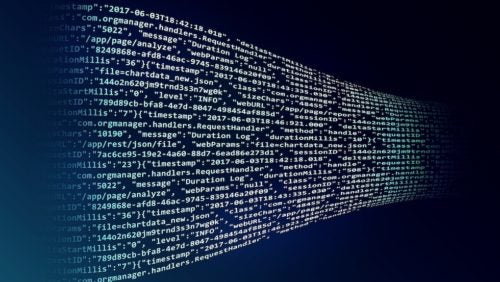The Humanitarian Implications of Cyber Conflict
October 21, 2019 by Editor

By: Lucy Baeurle
On September 19, 2019, the Center for Strategic and International Studies (CSIS) hosted a panel on the humanitarian implications of cyber conflict. The panel was organized as part of the CSIS Humanitarian Agenda’s First Annual Washington Humanitarian Forum, the theme of which was “Unlocking Humanitarian Access – Opportunities for U.S. Leadership.”
James Andrew Lewis, the Director of CSIS’s Technology Policy Program, moderated the panel which included Colonel Gary Corn, Director of the Tech, Law, Security Program at American University Washington College of Law and former General Counsel to U.S. Cyber Command, and Shanthi Kalathil, Senior Director of the International Forum for Democratic Studies.
The panelists expressed concern over the lack of awareness regarding the extent to which states are engaging in cyber conflict. Particularly, the panel focused on authoritarian regimes using social media as a way to infiltrate other states’ “idea space” or “cognitive domain” and spread disinformation. “Disinformation has been one of the key political crises of our time,” Kalathil stated. She views authoritarian regimes as the biggest humanitarian concern because they have the “intent, capacity, and resources” to engage in cyber conflict and see civilian populations as legitimate targets. Corn noted that most people “don’t see themselves as participants in cyber conflict and so they’re not taking necessary precautions.”
The panelists then discussed the unique issues that states face when attempting to combat cyber attacks on the “idea space,” or the platforms on which people exchange ideas and opinions. Cyber attacks are generally well regulated by the law of armed conflict when they are used within the realm of traditional military operations, however, when cyber attacks are aimed at the “idea space” international law is not necessarily clear. Propaganda and espionage have been used by states for centuries and are generally recognized as not prohibited by international law. Cyber conflict has changed the “scope, scale, and depth” of information operations, allowing state actors to covertly spread disinformation in a way that seems organic. “There’s a very important distinction between overt propaganda, things that the populace can look at and understand where its coming from, and covert deception and manipulation operations from another state,” Corn stated.
This type of cyber conflict creates particular challenges for democratic states which are meant to be “open and vulnerable” by design in order to encourage free speech and the free flow of ideas. As Kalathil noted, democracies “can’t simply do what authoritarian governments do… [they] have to respond in a way that still respects democratic values.” Corn suggested that the right to freedom of expression would not apply to foreign states, and that a civilian’s right to receive information would not include the covert deception and disinformation activities of another state. The panelists concluded by agreeing that combating cyber conflict in the “idea space” would require the cooperation of private tech companies, with Kalathil suggesting that more transparency would allow outside researchers to more fully inform the public of how social media is being used to spread disinformation.

